Powering Through the Waves: Gas vs. Electric Boats
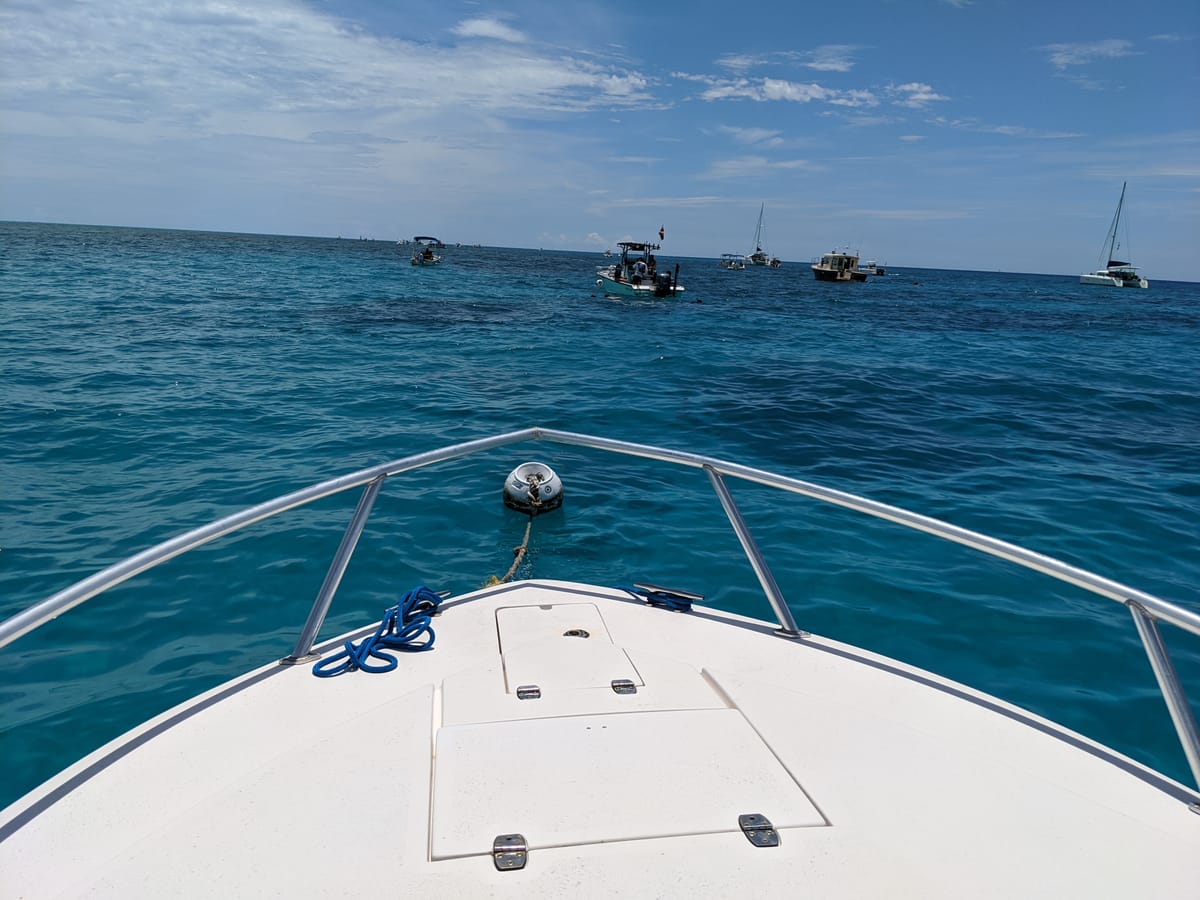
With recyclable fishing line, ocean conservation initiatives and other eco-friendly boating practices on the radar, boaters have adopted multiple options for environmentally friendly boating. That brings us to the subject of gas vs. electric-powered boats.
While gas engines have long dominated the industry, electric boats are gaining traction due to technological advancements, sustainability and a push for lower emissions. Both types can be found at marinas, private boat slip rentals and launch ramps around the country.
Both types have distinct advantages and limitations. The choice ultimately depends on a boater’s specific needs, preferences and use cases. We’ll dive into a comparison of gas and electric boats, covering topics from environmental impact to operational costs and performance.
Performance and Power
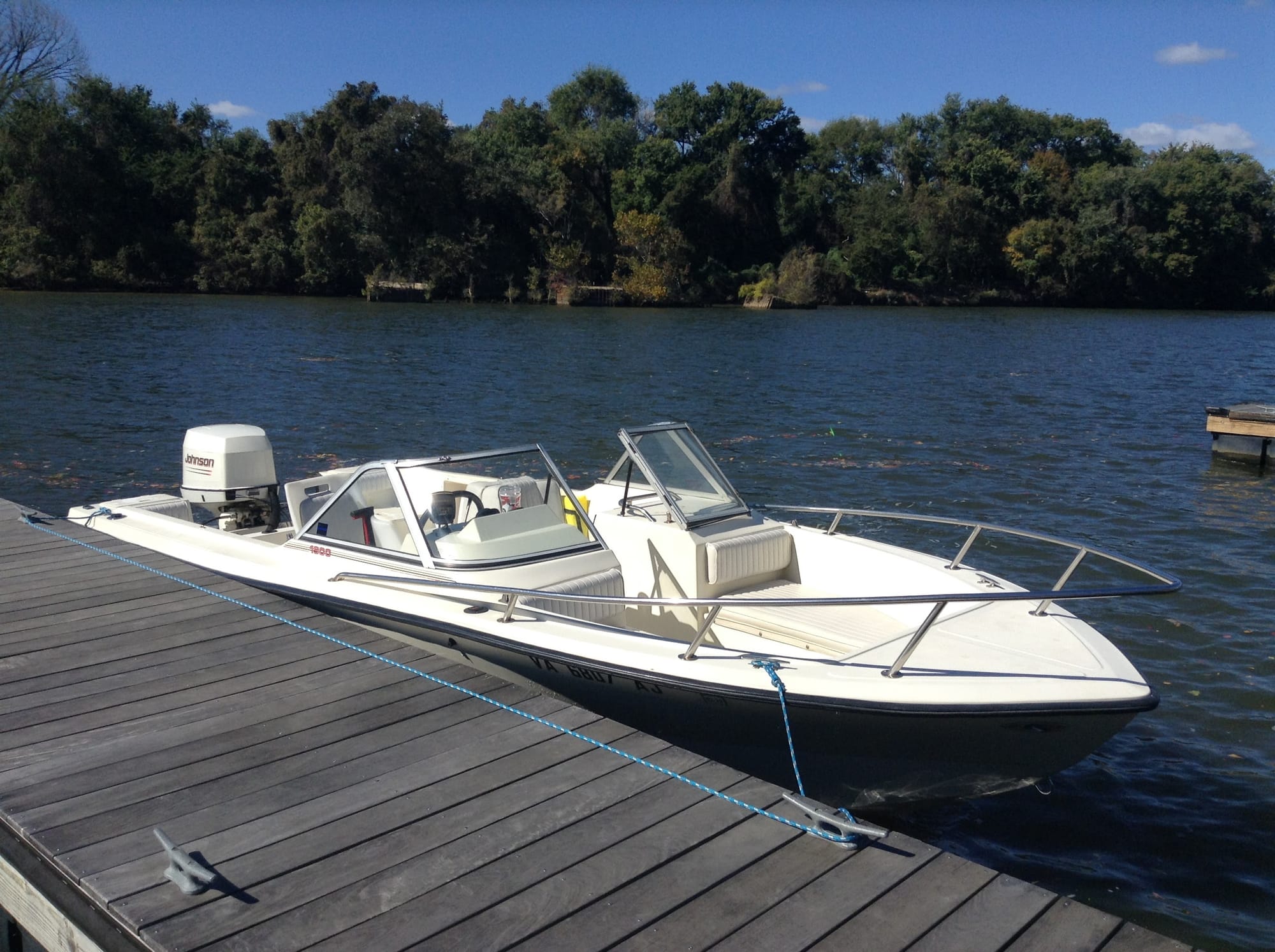
Gas Boats
Gas-powered boats are renowned for their high power output. They’re capable of achieving greater speeds and handling larger loads with ease. Traditional outboard and inboard engines can push boats to speeds that are well-suited for high-intensity activities like water skiing, wakeboarding and long-distance travel, such as cruising from Florida to the Bahamas. Gas engines are also known for their torque, which provides rapid acceleration. This is ideal for situations where quick speed adjustments are needed.
Electric Boats
Electric boats, though improving in performance, generally fall short of the power that gas engines can deliver, especially at high speeds or for long-distance journeys. That said, electric motors are exceptionally quiet, have instant torque and provide smooth acceleration without the delays sometimes found in traditional gas engines. Electric motors are ideal for calm cruising on lakes, rivers and coastal areas. Newer models are beginning to achieve speeds that rival their gas counterparts, particularly in small and medium-sized boat classes.
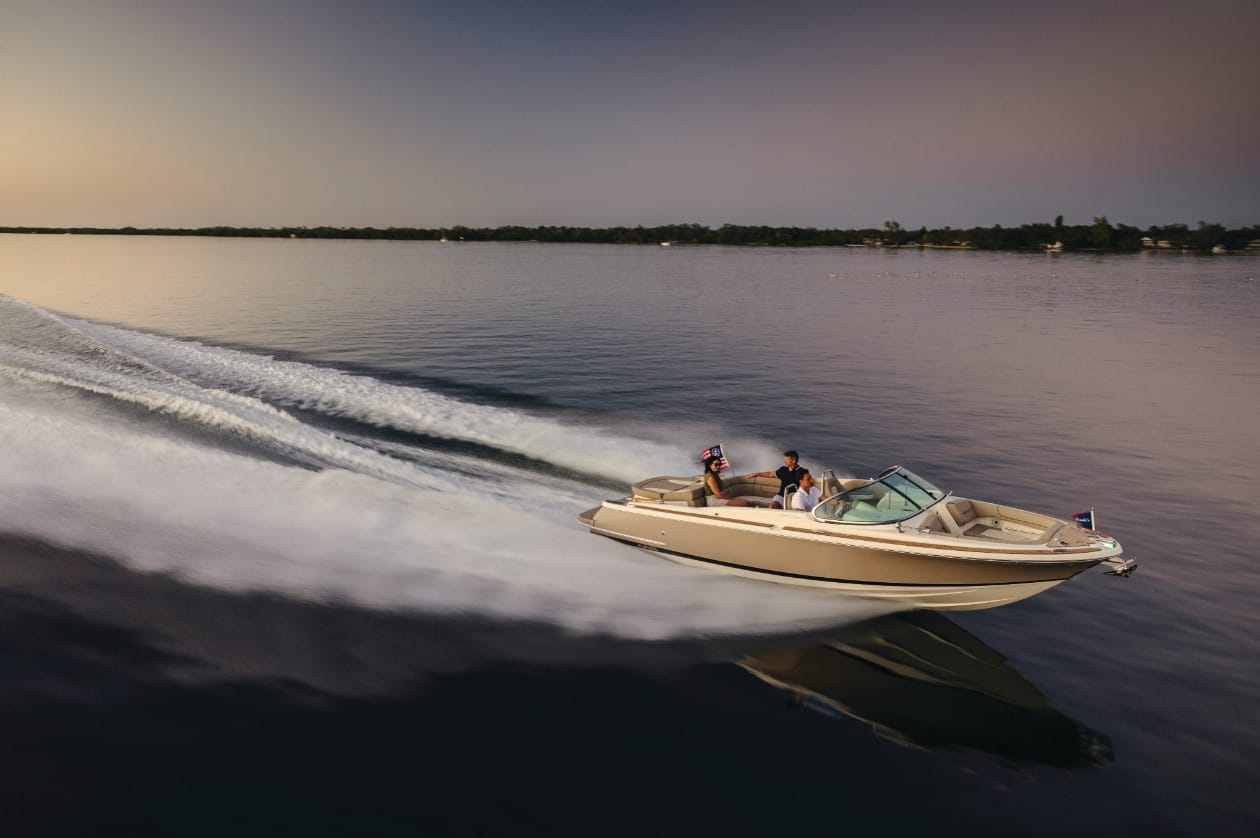
Environmental Impact
Gas Boats
Gasoline engines are a known source of pollution, producing carbon emissions, unburned hydrocarbons and nitrogen oxides. All of this contributes to air and water pollution. Additionally, oil and fuel leaks can occur, leading to water contamination. While some advancements have been made in cleaner-burning, more efficient gas engines, the inherent environmental footprint of gas-powered boats remains significant.
Electric Boats
Electric boats offer a much cleaner alternative, producing zero emissions while in operation. Powered by batteries, they have no fuel leaks or exhaust. This significantly reduces their environmental impact. When paired with renewable energy sources for charging, electric boats have the potential to achieve a completely carbon-neutral footprint, making them an excellent choice for eco-conscious boaters to cruise out from private boat dock rentals and marinas.
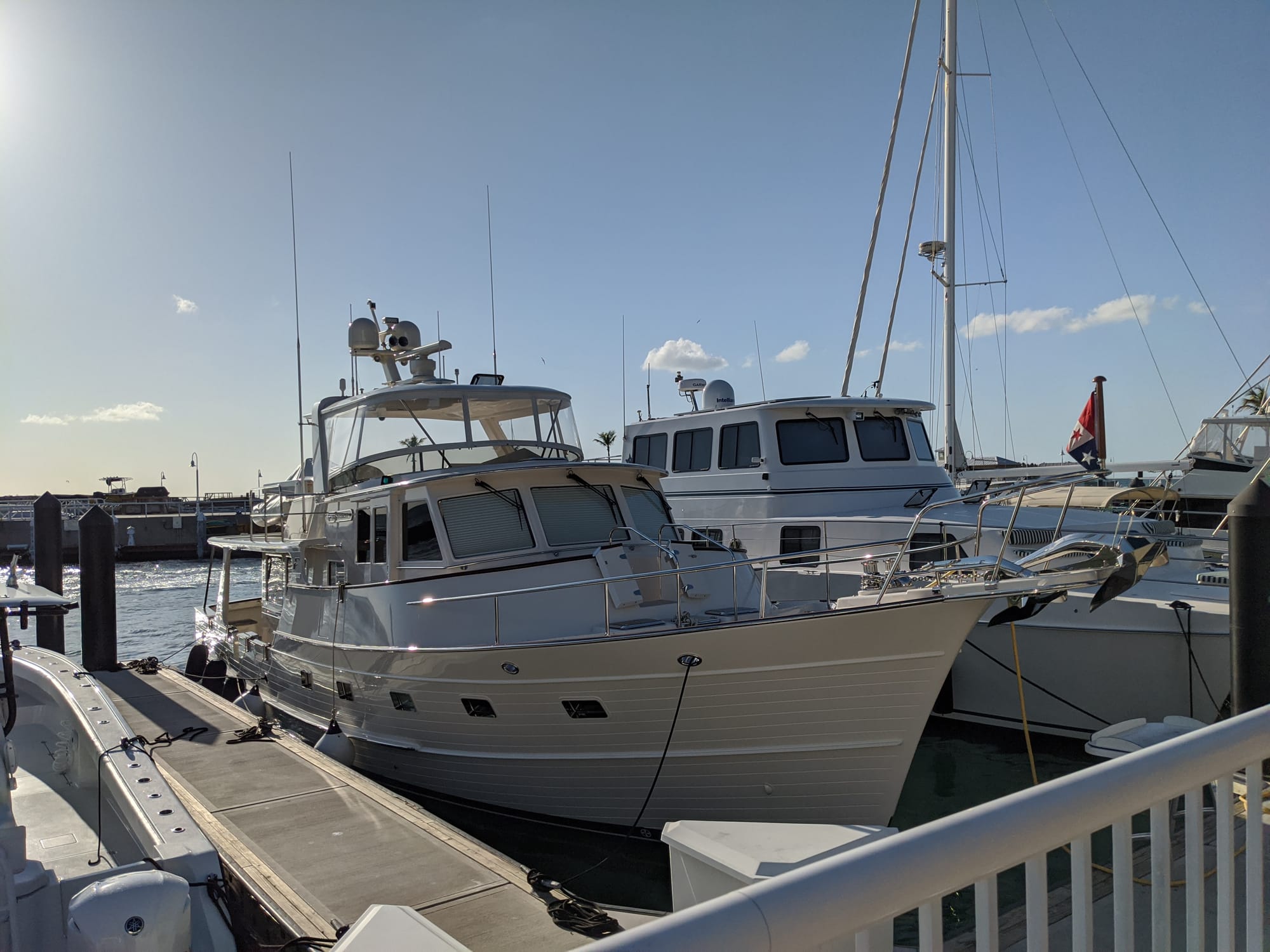
Operational Costs
Gas Boats
Fuel costs for gas-powered boats are typically high, as marine fuel prices can be significantly more than automotive fuel. Moreover, gas engines require regular maintenance, including oil changes, filter replacements and other components that need routine inspection. These factors can add up, especially for those who boat frequently.
Electric Boats
Electric boats benefit from lower operating costs since they don’t require fuel and have fewer moving parts, which means reduced maintenance needs. While electricity is still needed to charge the batteries, the cost is generally much lower than gasoline. This is especially true if the charging source comes from solar or wind power. Maintenance expenses are minimal, as electric motors have simpler mechanics, which leads to less wear and tear.
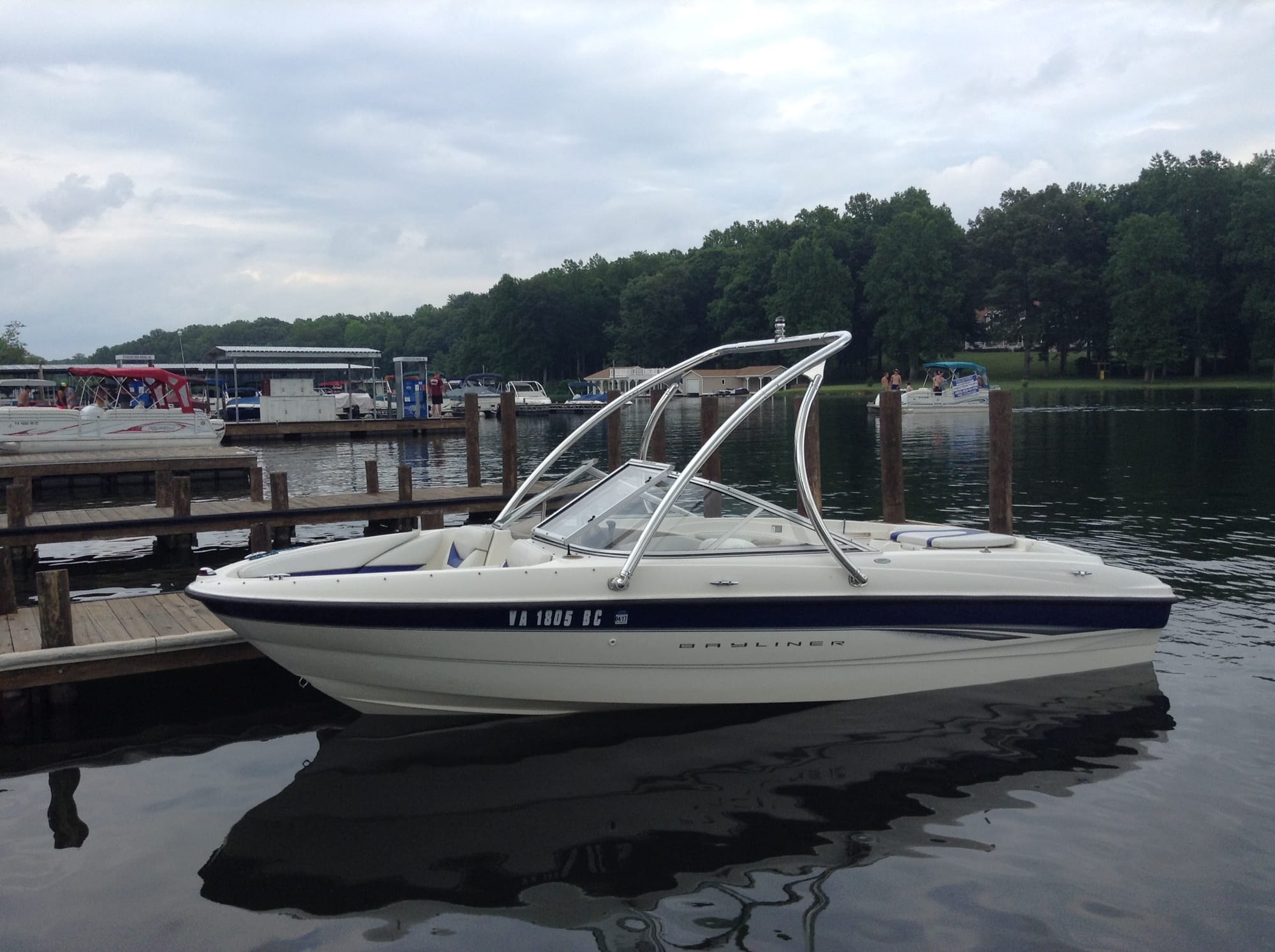
Range and Battery Life
Gas Boats
One of the biggest advantages of gas-powered boats is their range. With a full tank of fuel, gas boats can travel long distances from the marina or boat lift rental without refueling, making them ideal for deep-sea fishing, long-distance cruising, and other activities that demand endurance. Additionally, refueling is straightforward, as gas stations are readily accessible at many marinas.
Electric Boats
Battery capacity currently limits the range of electric boats, which varies depending on the type of battery used and the motor's power demands. Although battery technology has significantly improved, electric boats are still generally limited to shorter distances compared to gas boats.
Advancements in battery technology and charging infrastructure are gradually extending the range of electric boats. Some newer models offer range extenders or the option for solar charging to help increase endurance.
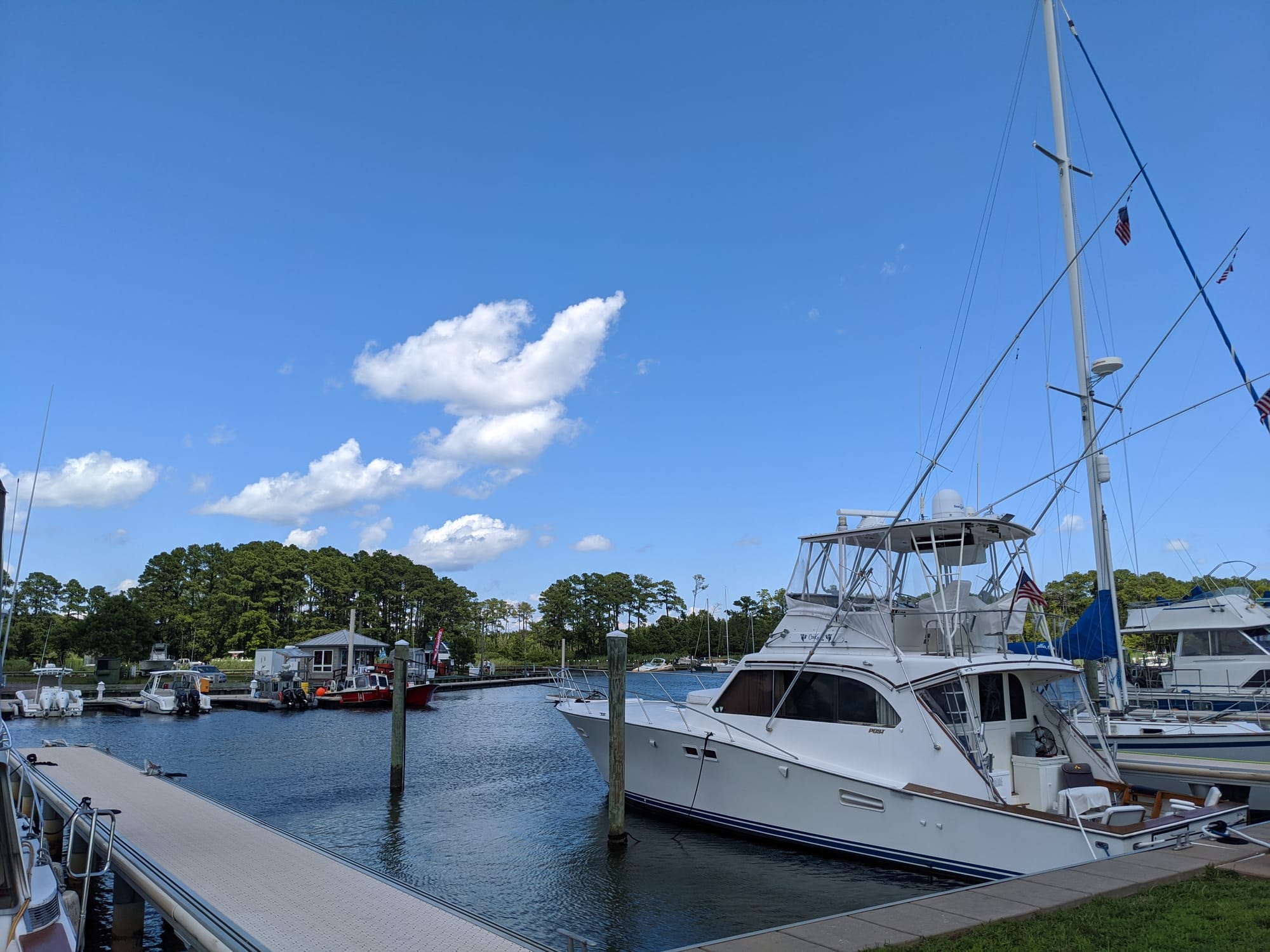
Noise and Vibration
Gas Boats
Gas engines, even when well-insulated, produce noticeable noise and vibration. For some boaters, the hum of the engine can be a nostalgic and enjoyable part of the experience. However, the noise and vibration can disrupt wildlife and diminish the tranquil experience for those who enjoy calm cruising.
Electric Boats
Electric motors are virtually silent and vibration-free, providing a smoother and quieter boating experience. This makes electric boats a popular choice for eco-tourism, fishing, wildlife watching and any activity where quietness enhances the experience. For those who boat in areas with noise restrictions or prioritize a peaceful and low-impact outing, electric boats are a top choice to dock at a marina or private boat lift for rent.
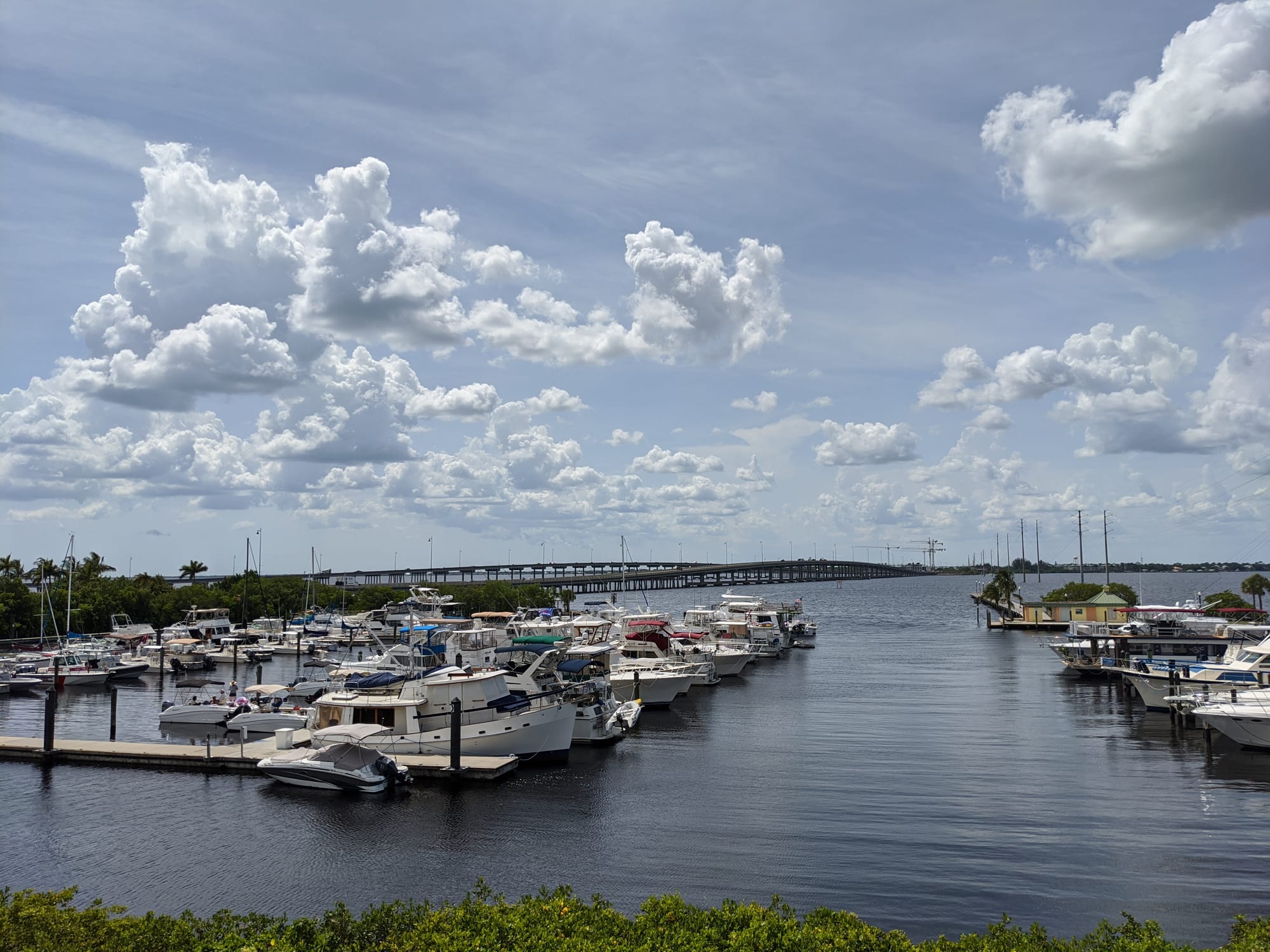
Purchase Price and Market Availability
Gas Boats
Gas-powered boats are widely available in a range of sizes and prices, making it easy for consumers to find a model that fits their budget and requirements. In general, gas boats have lower upfront costs than electric boats, which can vary depending on the brand, size and features.
Electric Boats
The initial cost of electric boats is generally higher than gas boats, primarily due to battery and motor expenses. However, electric boat prices are gradually decreasing as the technology becomes more widespread and battery production costs decline. Market options are still more limited, but electric models are becoming increasingly available, particularly in small to medium-sized boats.
Gas Boats
Pros
- High power
- Good for speed
- Capable of long-distance travel
- Easy refueling
- Usually more affordable
- Widely available
Cons
- High emissions
- Potential for water contamination
- High fuel and maintenance costs
- Noise and more vibration
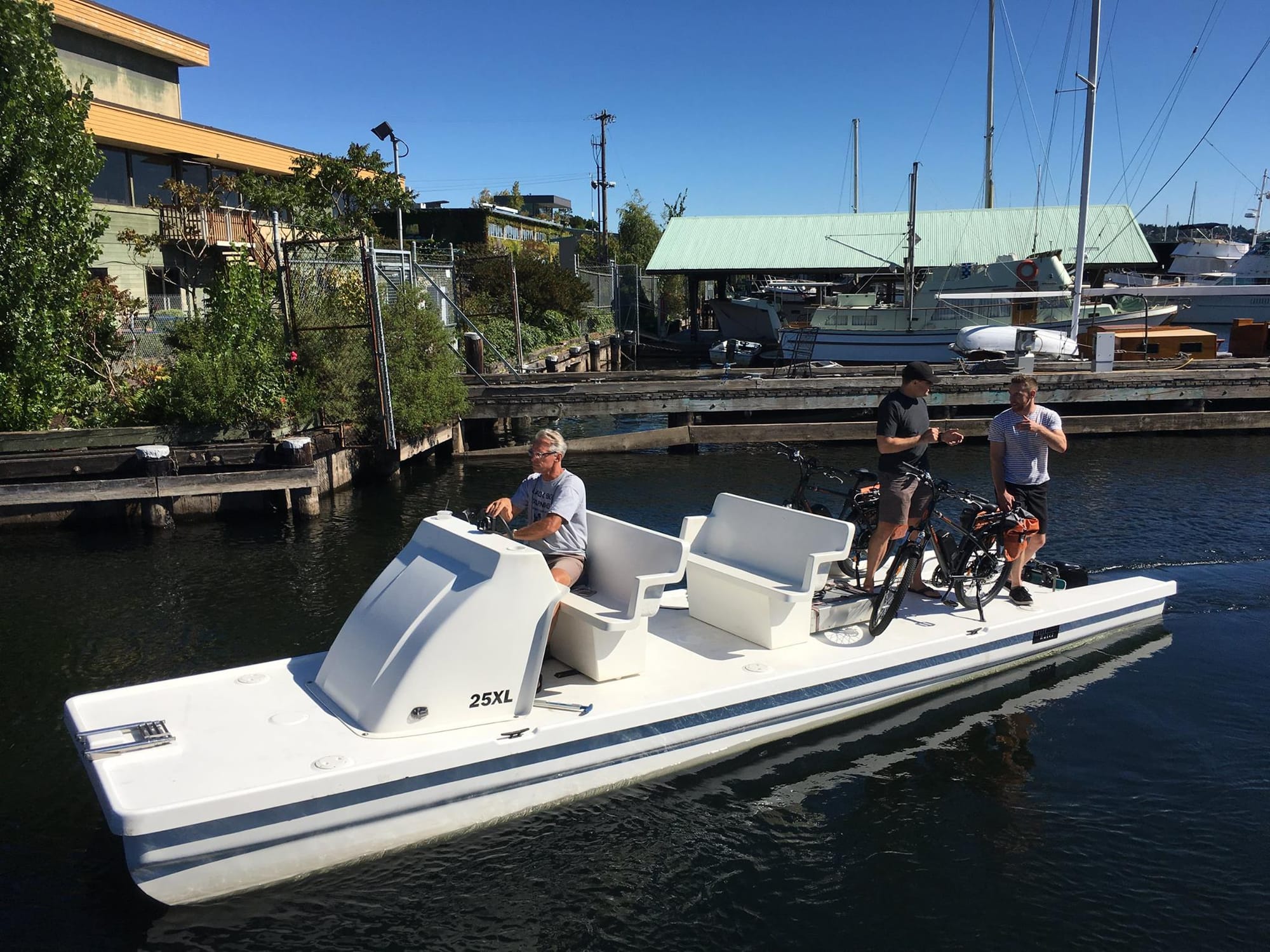
Electric Boats
Pros
- Good for cruising
- Zero emissions
- Eco-friendly
- Low cost for charging
- Minimal maintenance
- Virtually silent
- Smooth operation
Cons
- Limited Power
- Limited by battery capacity
- Higher upfront cost
Electric Boat Manufacturers
Whether you're a high-speed enthusiast or a calm cruiser, understanding the differences between gas vs. electric boats will help guide you to the right choice to dock at the marina or private boat slip rental.



